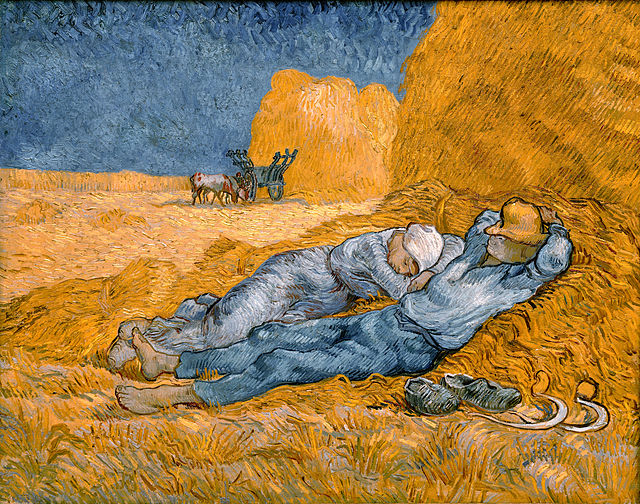German trade unionist Olaf Klenke from the Gewerkschaft Nahrung-Genuss-Gaststätten, the NGG food trade union in Germany was a guest speaker at this year’s Stand Up To Racism Trade Union Conference in London on Sunday 11 February.
Focusing on building anti-racism in the workplace, the one day conference was addressed by a number of trade union General Secretaries and other leading trade unionists form across England, Scotland and Wales. A good deal of the work took place in a series of workshops, where activists from trade unions across the country were able to relate and discuss their local experience and look at ways of building the anti-racist and anti-fascist movement.
This comes at a time when the forces of the far right are growing across Europe. Fascist Meloni is already Prime Minister in Italy and the challenge by Le Pen for the French presidency looks a strong one.
In the UK, the main right wing and fascist parties and movements such as the BNP and the EDL have disintegrated in the face of determined organisation and opposition by anti-racists. Nonetheless, the rhetoric against refugees and asylum seekers from mainstream politicians means that there is still a serious threat.
The attacks on refugees from the British government is unceasing. Their ‘Stop The Boats’ slogan referring to migrants crossing the English Channel in small boats, alongside their determination to offshore refugees to Rwanda sometimes seem to be the Tory government’s only policies. Their government is in serious trouble, and is drifting directionless with only racism to rally their followers. The Israeli attacks on Gaza also mean that Islamophobia is being ramped up with Muslims once again being singled out as terrorists.
It had seemed until a few weeks ago that the situation was similar in Germany, but the massive mobilisations against the AfD have shown that there is the potential for things to shift very rapidly.
Olaf Klenke, who is an eastern regional organiser for his union, reported his experience of the huge marches against the AfD. They had been relatively spontaneous, he said, with various organisations calling protests. These protests have taken place in both big and smaller cities and towns, and have received a huge response. Significantly, the response has been good in Eastern Germany. This is especially important because of the high number of AFD voters in the East. In fact it is probable that the relative size of mobilisations in the East are greater than in the West.
Olaf said that at first it took courage for ordinary people in the East to go to the street to oppose the AFD but once it happened people began to lose their sense of isolation and realise that they were not alone. In some places in the East, the AfD has been getting 20-30% of the vote. Activists are hoping that this push back will eat into that figure. Although the AfD has been getting good percentages these are often on low turnouts.
Olaf explained that one of the reasons that the right have been doing well is the sense of resentment in the East, the massive restructuring of industry after reunification took a heavy toll on jobs there. There was also a failure by the unions to seriously confront the problem of lower wages in the East compared to the West. This feeds a sense of despair.
According to Olaf, this combines with a racist discourse from mainstream politicians. In 2010 Thilo Sarrazin a former banker, Berlin finance minister, and member of the Social Democratic Party published Germany Abolishes Itself: How We’re Putting Our Country in Jeopardy. Sarrazin argued for restricting Muslim immigration to Germany on the grounds that Muslims who had immigrated to Germany from Turkey and other Muslim countries had failed to assimilate into German society, lived culturally separate lives in densely Muslim neighbourhoods, and that two thirds of Germany’s Muslim immigrants were on welfare. The book shot to the top of the best sellers list.
The AfD has only right wing social policies – for example, they oppose the minimum wage. But they are making headway on a nationalistic basis. AfD membership has been growing lately, although in the past it was not high. It is therefore important to oppose them visibly in the street. To that end there will be a big protest outside their party conference in Essen at the end of June this year.
Important as the demonstrations are they have not finished off the right. It is also important that German trade unions mount a challenge to the social problems people face as well as making a political challenge to racism.
You can watch a video of Olaf’s speech here.




